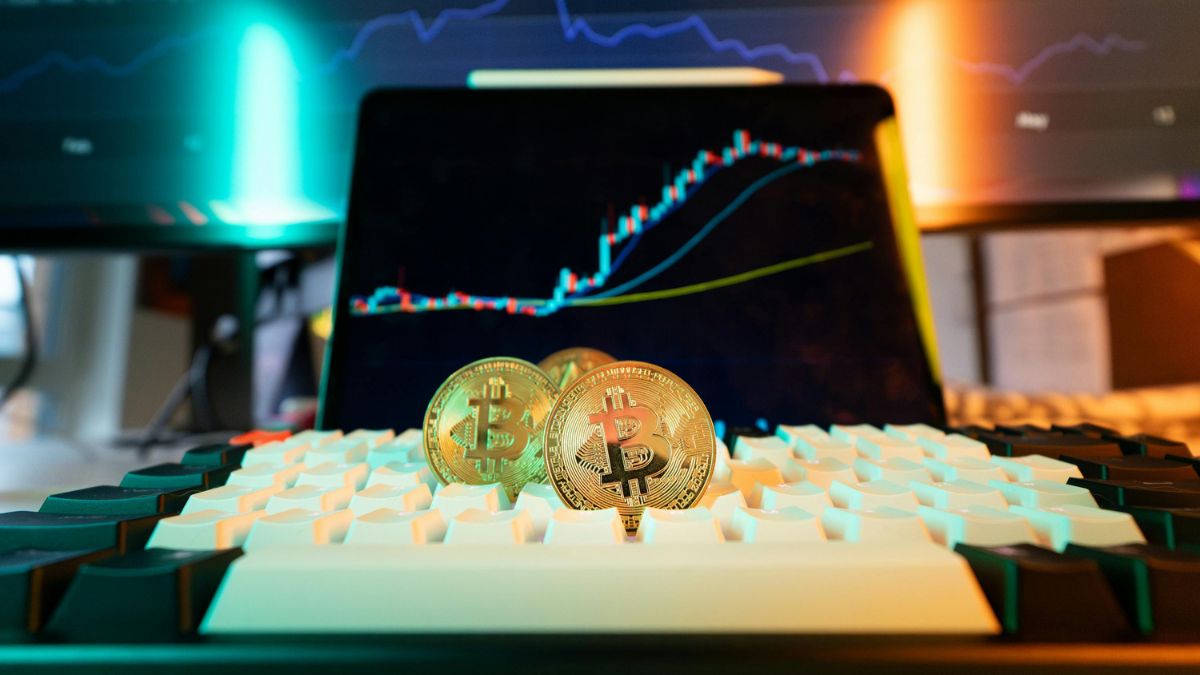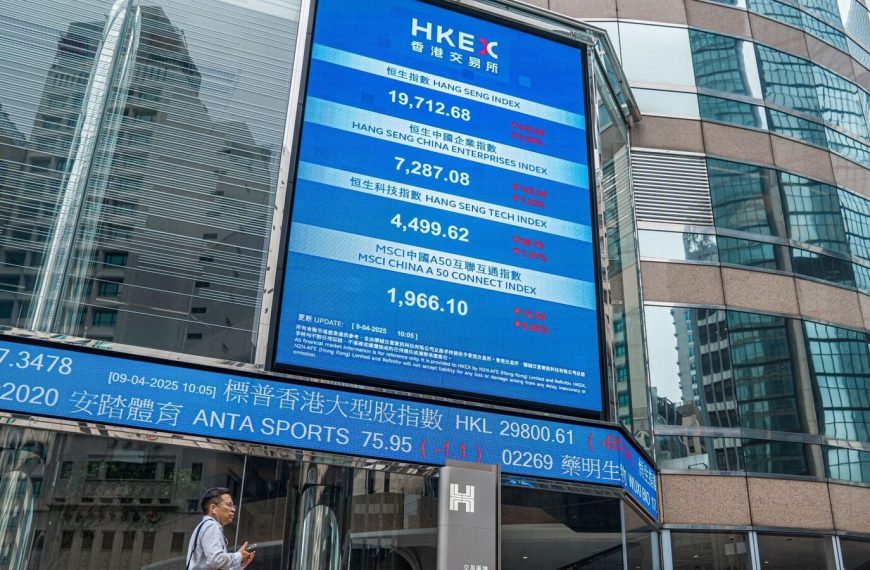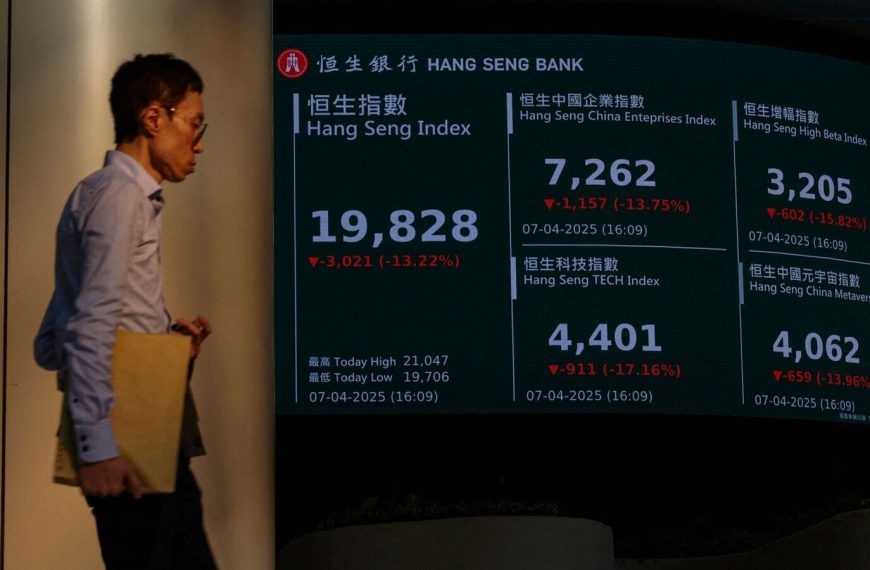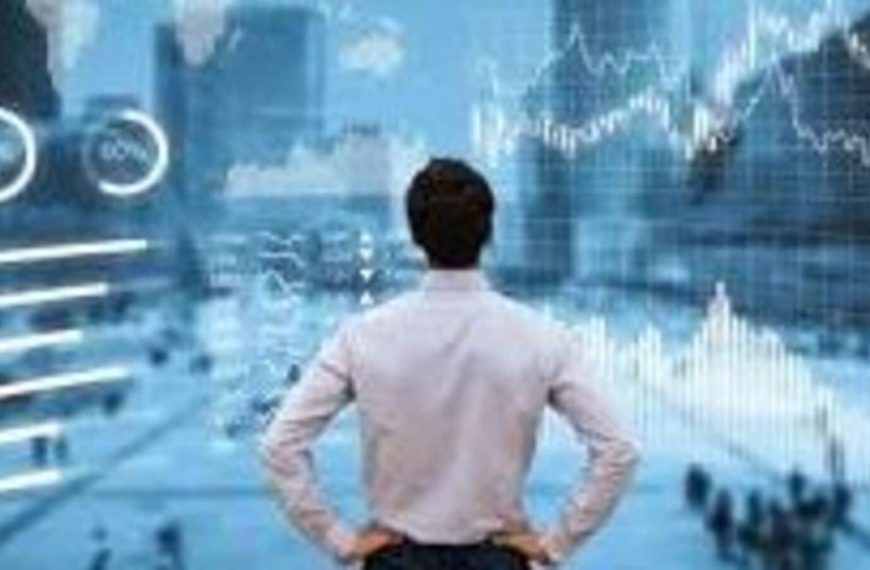In today’s fast-paced society, predictions play a pivotal role in shaping financial choices, public sentiment, and political maneuvers. However, the experts behind these forecasts—like stock analysts, economists, and pollsters—often escape serious repercussions when their predictions miss the mark. While their credibility may take a slight hit, they rarely face job loss or significant reputational damage. This lack of accountability fosters an environment where bold claims are made without any personal stakes involved. Enter prediction markets, a timely and powerful solution to this accountability gap.
The Flaws in Traditional Forecasting
Many sectors, particularly finance and politics, have suffered from unreliable predictions. For instance, stock analysts frequently tout “strong buy” ratings, only to see those stocks plummet. A notable case occurred in January 2009, when Ramalinga Raju, the chairman of Satyam Computer Services, confessed to one of India’s largest corporate frauds, inflating the company’s cash reserves by around $1.5 billion. This came after numerous analysts had endorsed Satyam, leading to misplaced investor confidence. Similarly, in March 2001, Bank of America Securities predicted that Enron’s stock would rise to $105, but by December, the company had filed for bankruptcy, marking a catastrophic failure in corporate forecasting.
- Consequences for Investors: When analysts’ recommendations go awry, it’s the investors who suffer, often with little recourse. Analysts can easily deflect blame with vague explanations or new predictions, undermining the trust in financial advisories.
To combat this issue, a regulatory overhaul is essential. Analysts should be required to stake a significant portion—perhaps 20% to 50%—of their compensation on the accuracy of their projections. This could take the form of binary bets, where failing to hit a target price results in losing the staked amount. Such a system would enhance transparency and align analysts’ interests with those of the investors who depend on their insights.
Rethinking Economic Predictions
Economists, whether working in academia or government, are responsible for forecasting critical economic indicators like inflation and GDP growth. Yet, historical evidence shows that many of these predictions are woefully inaccurate. Take the 2008 financial crisis, which caught many economists off-guard. Despite this, few faced professional consequences, allowing them to maintain their positions and influence.
A more recent instance involves prominent economists like Janet Yellen and Paul Krugman, who labeled rising inflation as “transitory” in early 2021. This assessment, based on short-term pandemic disruptions, underestimated inflation’s persistence, leading to significant economic turmoil. Flawed predictions can have far-reaching effects on policy, affecting everything from interest rates to consumer confidence, often culminating in panic or inaction.
To enhance accountability, prominent economic forecasters could be required to invest a portion of their wealth in outcomes they predict. For instance, if an economist asserts inflation will stay low, they could be mandated to back that claim financially, fostering a system where accuracy is rewarded.
The Evolving Landscape of Polling
Pollsters have faced increasing criticism for their inability to accurately predict election outcomes, impacting public trust and media narratives. Significant failures during the 2016 and 2020 U.S. presidential elections, as well as recent electoral events in India, reveal deep-rooted issues within the polling industry. Despite these failures, pollsters often escape serious repercussions, continuing to operate with little to no accountability.
- The Ripple Effect: Inaccurate polling can skew campaign strategies, influence media coverage, and even affect voter turnout. Introducing a system where polling organizations must stake capital on their predictions could incentivize them to improve accuracy.
Imagine polling firms being required to back their forecasts financially on the number of seats a political party might win. This would not only encourage greater diligence but also enhance the overall credibility of polling.
Why Prediction Markets Are the Answer
Prediction markets operate on a straightforward principle: individuals wager real money on the outcomes of events. These aggregated bets reflect the market’s collective belief regarding probabilities. Participants have a strong incentive to be correct, as only accurate predictions yield rewards.
- Key Features of Prediction Markets:
- Real financial stakes encourage accuracy.
- They filter out noise and reward well-reasoned analysis.
Historically, prediction markets have operated in legal gray areas due to stringent regulations. Platforms like Intrade and PredictIt have faced challenges, often being labeled as gambling rather than valuable informational resources. However, the rise of decentralized technology, using blockchain and smart contracts, has revolutionized this landscape.
The Rise of Decentralized Prediction Markets
Platforms such as Polymarket have emerged, leveraging blockchain technology to allow users to bet on real-world events without the need for centralized control. This innovation has led to a surge in accuracy, often outperforming traditional polling methods. For instance, nearly $4 billion in contracts were wagered on the 2024 U.S. Presidential Elections through Polymarket, demonstrating the platform’s credibility.
Kalshi, the first U.S.-based regulated prediction market approved by the Commodity Futures Trading Commission (CFTC), focuses on event contracts ranging from inflation to election outcomes. After a lengthy legal battle, Kalshi has legitimized prediction markets, providing a structured environment for participants.
The Future of Accountability in Forecasting
The legalization of prediction markets introduces a framework for accountability. By requiring forecasters to stake their money on their predictions, we could see a significant shift in how forecasts are produced and evaluated.
- Potential Benefits:
- Encourage thoughtful analysis over clickbait headlines.
- Foster a discipline grounded in market realities.
- Enable voters and investors to gauge real-time consensus based on financial backing.
Critics may argue that betting on outcomes is unethical, but prediction markets can serve as valuable tools for assessing risk and making informed decisions. Moreover, concerns about promoting gambling overlook the reality that individuals will find ways to place bets regardless of legality.
Conclusion: Embracing a New Standard
In a world saturated with opinions, not all views hold equal weight. Prediction markets offer a pathway to filter out noise, ensuring that only those willing to stake their capital contribute meaningfully to future forecasts. This paradigm shift has the potential to enhance accountability across politics, economics, and finance.
As platforms like Polymarket and Kalshi gain traction, they symbolize a future where truth is financially incentivized, and misinformation comes at a cost. Embracing prediction markets could lead to a more accountable forecasting landscape, benefiting both investors and the general public.
The question remains: will India establish its own version of Kalshi? With the underground betting market thriving, there’s a significant opportunity to create a legitimate prediction market catering to diverse interests, from politics to sports. The time has come to recognize the potential of prediction markets in shaping a more accountable, informed future.











